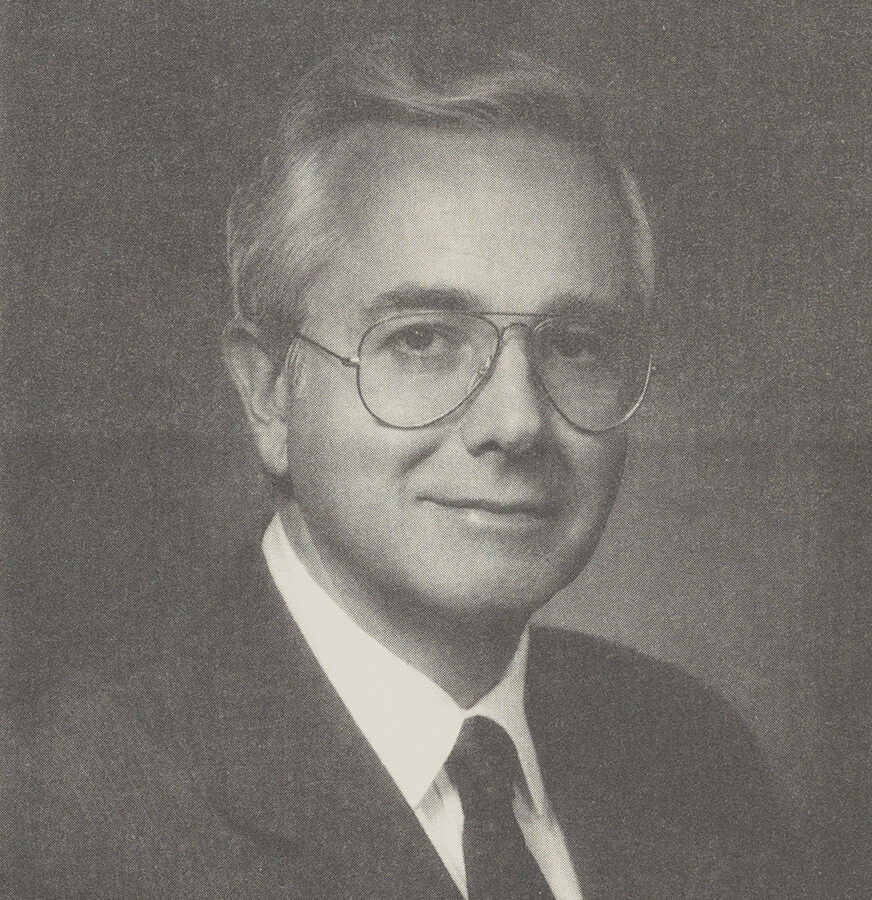Air crash takes life of esteemed business leader. Friends and colleagues establish memorial fund at The Trust.
Claudio Elia (1943-1996)
He was a natural choice to accompany U.S. Secretary of Commerce Ron Brown and 11 other business leaders on a mission to rebuild war-torn Bosnia and Croatia. As he boarded the U.S. Air Force plane in Tuzla, Bosnia, on April 3, 1996, he was looking forward, with an enthusiasm for facing difficult challenges, to another stop on a trip that would enhance his international business connections. But this was one challenge Claudio Elia never got to face.
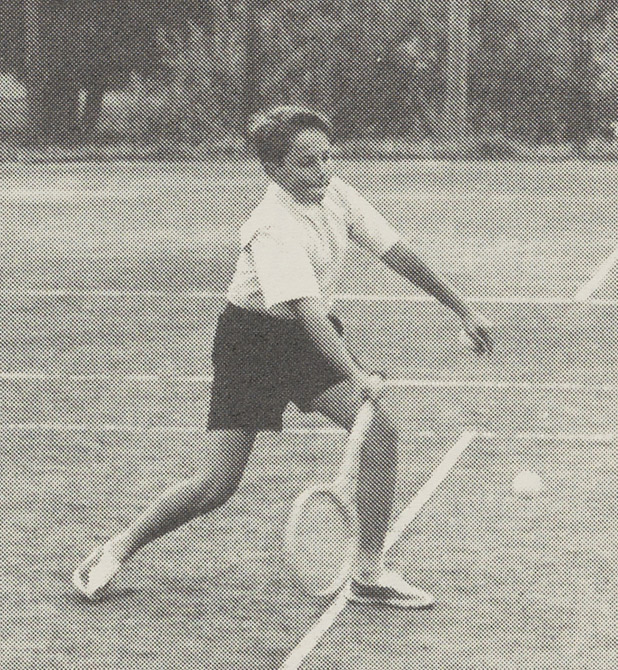
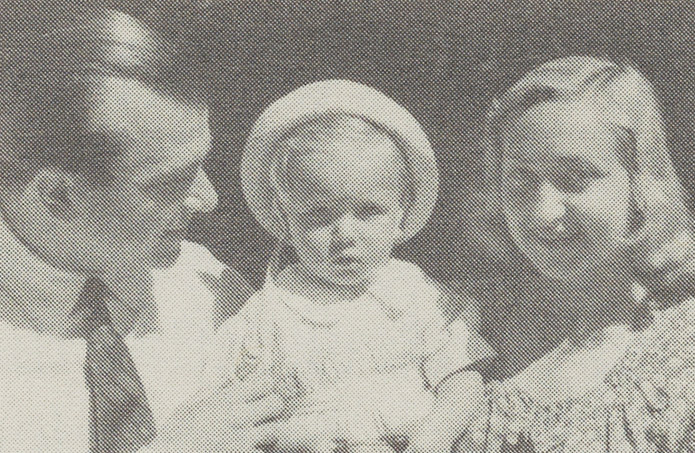
He was born during World War II, on Jan. 27, 1943, in the northern Italian town of Varese. After the war, the Elias moved to Milan, where Claudio attended a state elementary school until age 11, when he was enrolled in a Jesuit liceo known for its high academic standards. Claudio chose the “classico” curriculum, which emphasized mastery of French, English, Latin, and classical Greek, in addition to math, science, and history. Upon graduation in 1961, Claudio Elia was one of 12 students to receive the Gillette Award, presented to Milan’s top scholars. He was accepted at the Politecnico di Milano, Italy’s most prestigious technical university, despite his classical, rather than scientific, liceo program. Nonetheless, Claudio graduated at the top of his class with a degree in electrical engineering in 1966.
Following a mandatory one-year stint in Italy’s military service as a lieutenant in the Air Force, Claudio had to decide what direction his life should take. Although trained as an engineer, he was more interested in pursuing a business career. He soon found a post in Brussels as a trainee for the INA Insurance Co. Claudio quickly mastered his job and used his excess energy to take flying lessons and earn a pilot’s license.
In 1969, he decided to pursue a master’s in Business Administration at Institut Européen d’Administration des Affaires (INSEAD) in Fontainebleau, France—one of the best business schools in the world. The entrance exam was difficult, and the school required competency in French and English as well as German, a language Claudio had very little training in. During a brief summer course in Berlin, he learned enough to not only pass the language test, but to make Germanic puns.
One of a handful of Italians in the program, Claudio was intrigued by INSEAD’s diverse international faculty and student body of Britons, Swedes, Germans, French, Austrians, Colombians, Dutch, and Americans. Here, his ability to transcend language and cultural barriers led to lifelong friendships that spanned continents. Here, too, his highly developed sense of humor was honed with bits of language and cultural references.
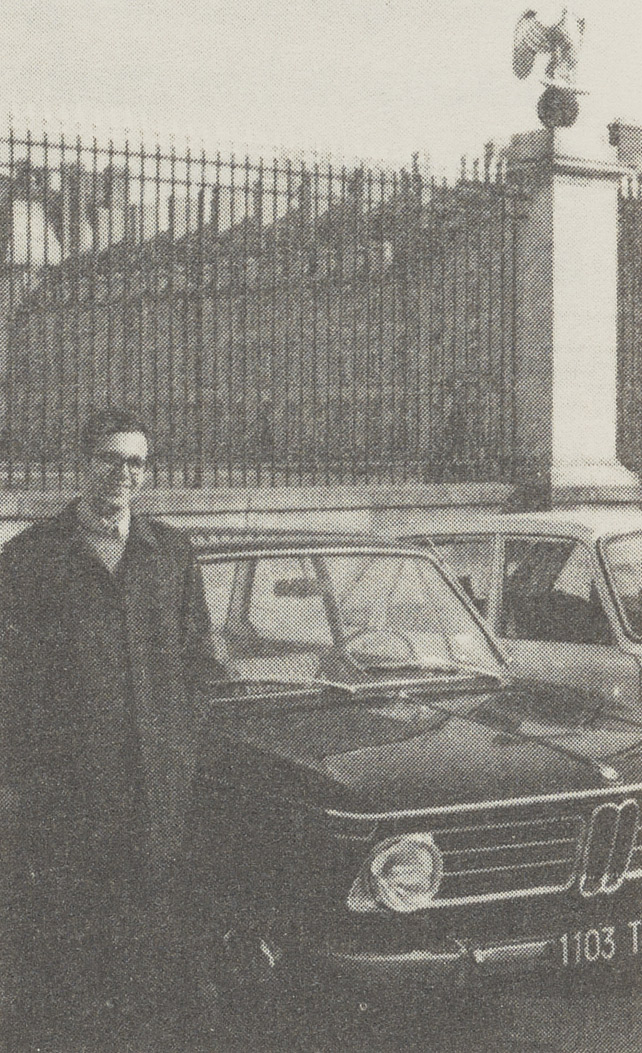
With an INSEAD diploma and stellar academic credentials, Claudio secured a coveted position with Boston Consulting Group’s Milan office. An American firm specializing in business strategies, BCG had just started to develop an international presence, and Claudio was one of several young consultants trained to work on international projects and with multinational firms. He appreciated the opportunity to learn more about the American style of business and management.
The following year, in 1972, Claudio was invited by BCG’s Boston director to come to the United States. “I’d have come over with the Pilgrims,” Claudio was later fond of saying, “but I missed the boat.” He quickly became involved in projects for some of America’s largest multinational corporations. Determined to fit into his new surroundings, Claudio purchased a used Mustang convertible and worked on perfecting his idiomatic English and developing his wit in a way Americans could understand.
In addition to serving as the site of his first job in the United States, Boston held a special place in Claudio’s heart for another reason: It was where he met, at a BCG party, a graduate student in art history who had studied for two years in Florence, Italy. Her name was Susan, and, after a brief romantic courtship, they married in August 1972.
Claudio accepted a position with General Electric in 1973, necessitating a move to Fairfield County, Connecticut. After searching high and low for just the right affordable house, the Elias bought an 1820 farmhouse. Claudio was ecstatic about owning his own home in the States. “I own grass!” he exclaimed repeatedly the first night he and his wife sat on their very own lawn.
In 1974, Claudio and Susan became the parents of a girl, Christine Elisabetta. Chris, a striking image of her father, adored him, and the two were extremely close. “My father was always supportive of me, no matter what I did,” Chris says. “He would write me notes saying how proud he was of me, even for the littlest things.” Two years later, Claudio’s son, Marc William Ennio, was born. Their relationship also was extremely close.
While Susan was raising two young children, Claudio was using his engineering and business background, fluency in languages, and international experience in a variety of positions at General Electric. Then, in 1982, he left GE to become vice president with IFINT-USA, the U.S. holding company of the Agnelli Group, based in Italy. A year later, he was appointed president of IFINT’s Incom International, a multi-divisional company located in Pittsburgh that, in just under two years, was turned to profitability under Claudio’s hand.
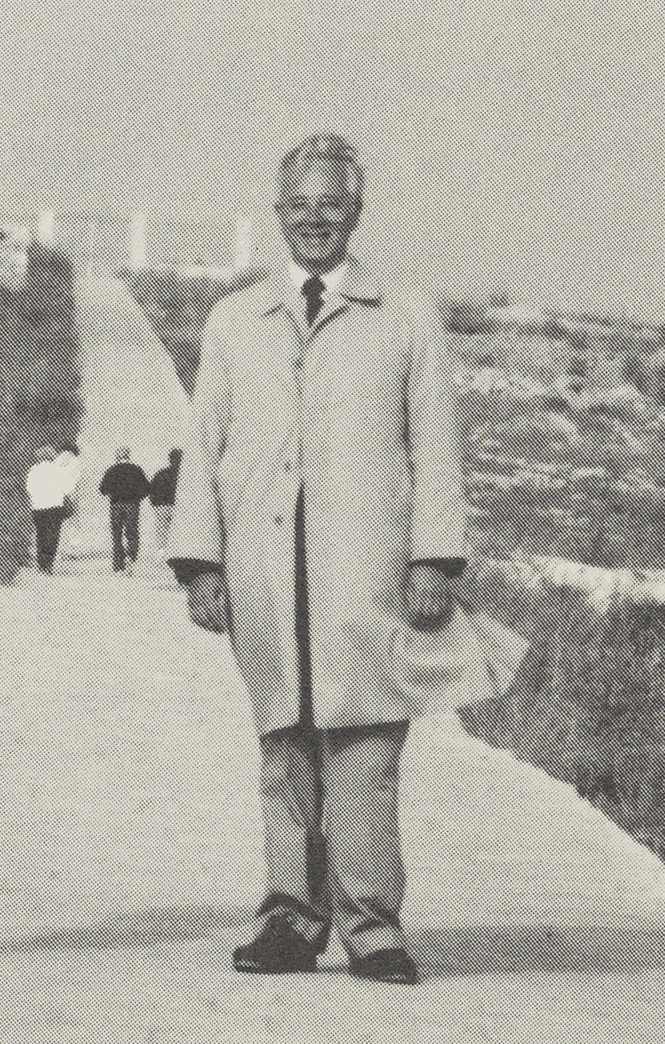
In 1988, Claudio was asked to head the U.S operations of Compagnie Générale des Eaux (CGE), a French conglomerate that was determined to get Claudio Elia for the job because of his ability to turn around ailing companies, as well as his skill at bridging the cultural gap between American and European businesspeople. Claudio’s new position gave him oversight of the bulk of CGE’s U.S. operations. He served as chief executive officer and president of CGE’s North American holding company, Anjou International, which owned water, water distribution, construction, and wastewater remediation companies. When Claudio took over the company in 1988, Anjou had sales of $370 million and a slight loss. One year later, Claudio had restored the company’s profits and, by 1995, increased sales by an even wider margin.
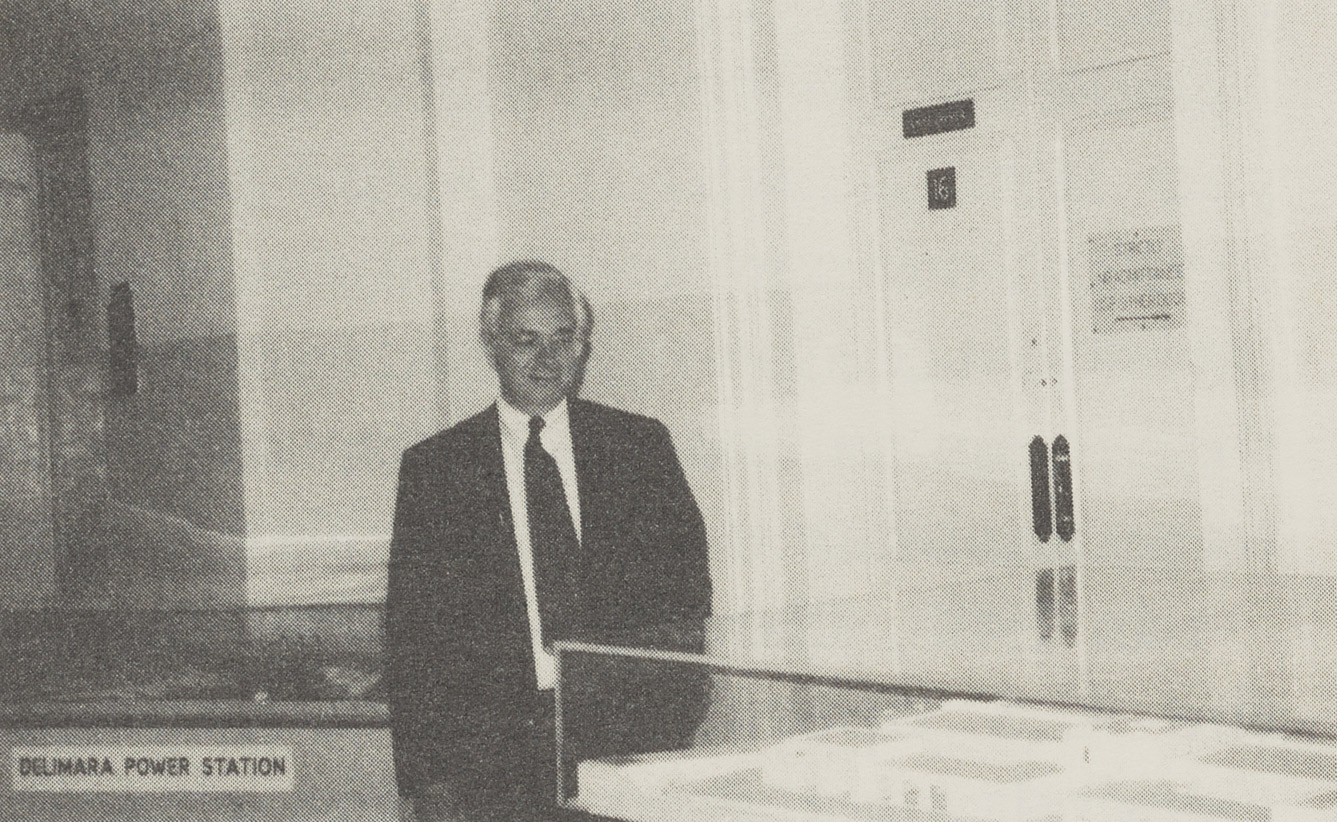
In 1994, CGE appointed Claudio chairman and CEO of Air & Water Technologies (AWT), an environmental company he had encouraged CGE to invest in. AWT was seen by several seasoned businessmen as an insurmountable challenge—but not by Claudio. With careful and systematic reorganization, he brought the company back to life. Twelve months later, AWT’s annual report noted that “under the leadership of Claudio Elia . . . AWT’s turnaround [has been] spectacular.” At the end of 1995, AWT reported its first operating profit in eight quarters.
In Susan’s estimation, Claudio’s decision-making ability came from his capacity to consider all facets of a problem. This ability was not limited to business decisions, Claudio’s daughter said. “I could go to my father with any kind of problem—dating, school, life—and he would always—100 percent of the time—have the right answers.” Said a colleague: “Simply put, Claudio had a logic that worked.”
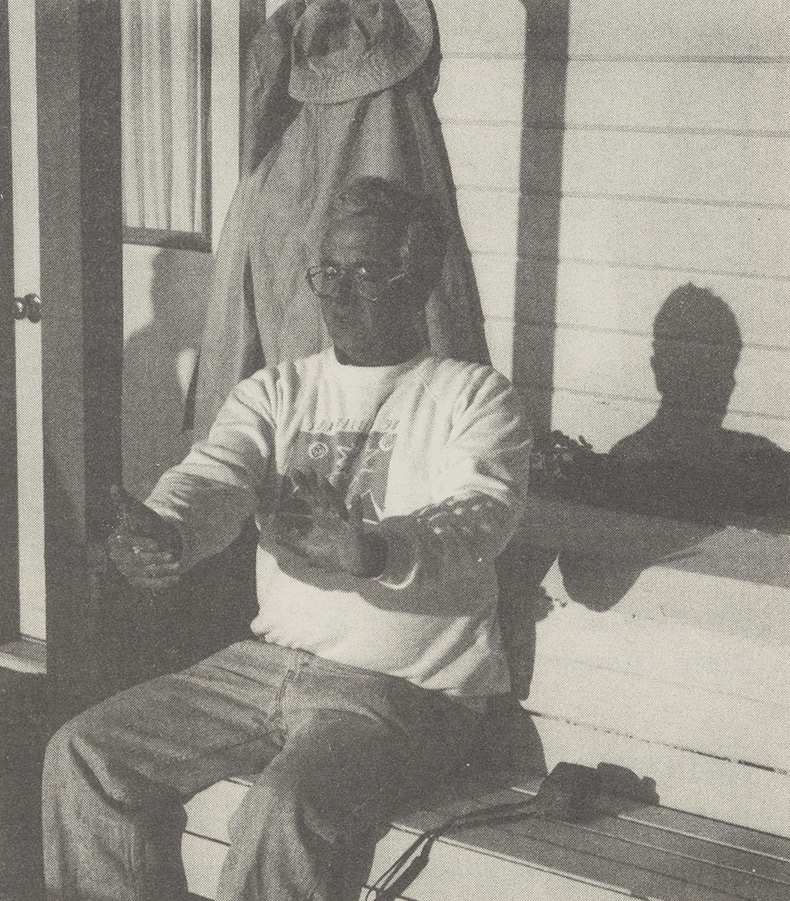
To Guy Dejouany, chairman of the board and chief executive of Compagnie Générale des Eaux, Claudio’s ability to make connections with people from all walks of life was the result of his background, which embodied the best of both Europe and America. “Claudio was not a European-turned-American,” Dejouany said. “He was European and American, combining the qualities of both continents and alert to the faults of both. He had an acute sense of management, with an efficient, direct, and simple style—the hallmarks of American values. But his sense of humor, education, culture, and diplomacy, his sensitivity, and innate sense of hospitality belonged to the best in Mediterranean values.”
Because of his experience with water distribution and wastewater remediation, Commerce Secretary Ron Brown selected Claudio Elia as a member of the committee headed for Bosnia and Croatia. Their Air Force plane never reached its second destination.
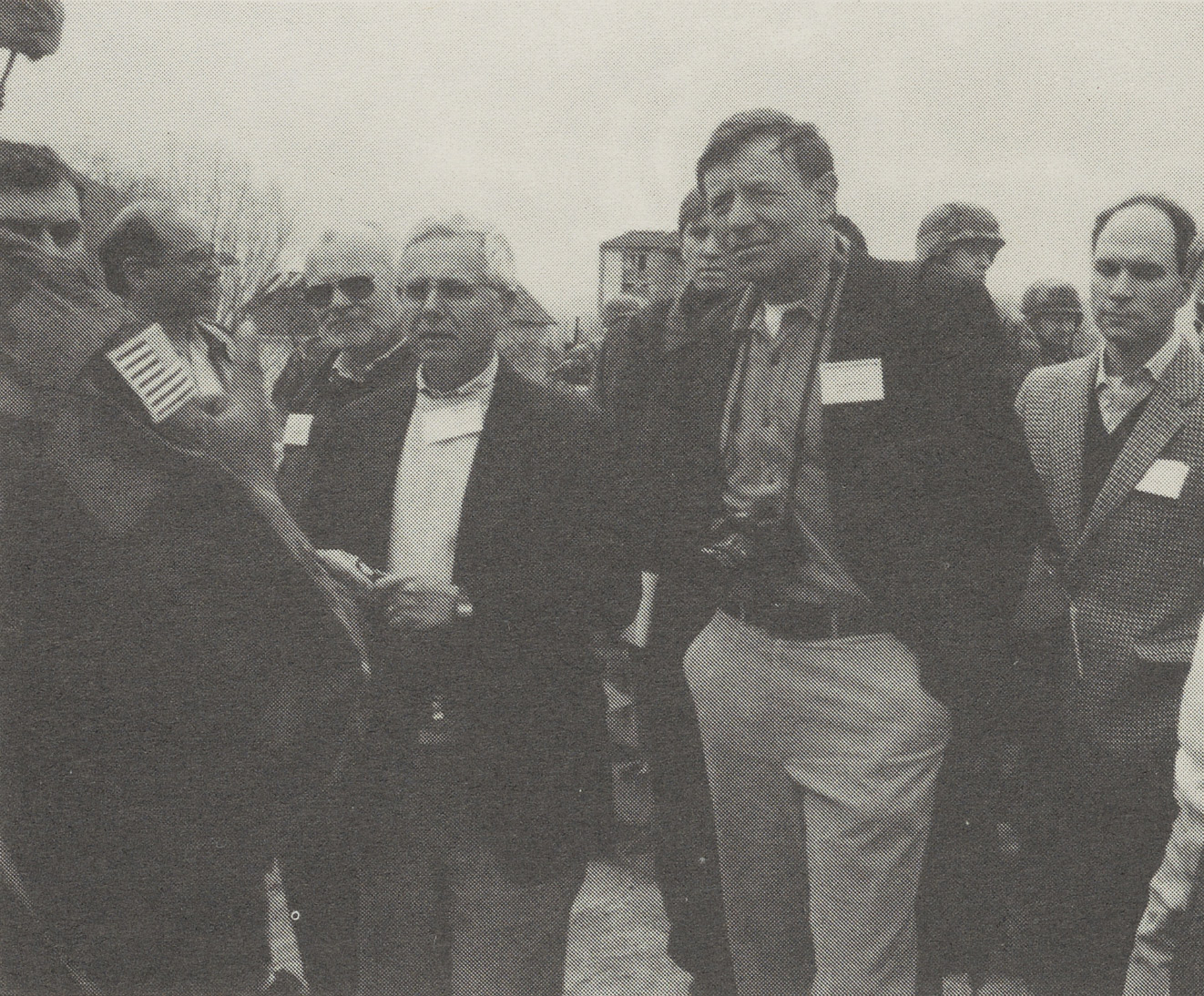
in Tuzla, Bosnia, April 3, 1996.
On April 3, 1996, it crashed into a mountain near Dubrovnik, Croatia. Word of the tragic accident spread throughout the world, and in Claudio’s sphere, hundreds mourned the loss of their friend and colleague. On April 10, 1996, about 700 people gathered in Greenwich, Connecticut, to honor Claudio Elia. At the service, a friend noted in his eulogy that although Claudio had experienced many proud moments, “one of his proudest came in 1993, when he became a citizen of the United States of America. As a United States citizen, he would have been proud to die on a peace and business mission for his country.”
His family set up the Claudio Elia Memorial Fund at The New York Community Trust, with donations from Compagnie Générale des Eaux through the Anjou group of companies and from Air & Water Technologies, as well as gifts from business colleagues and friends.
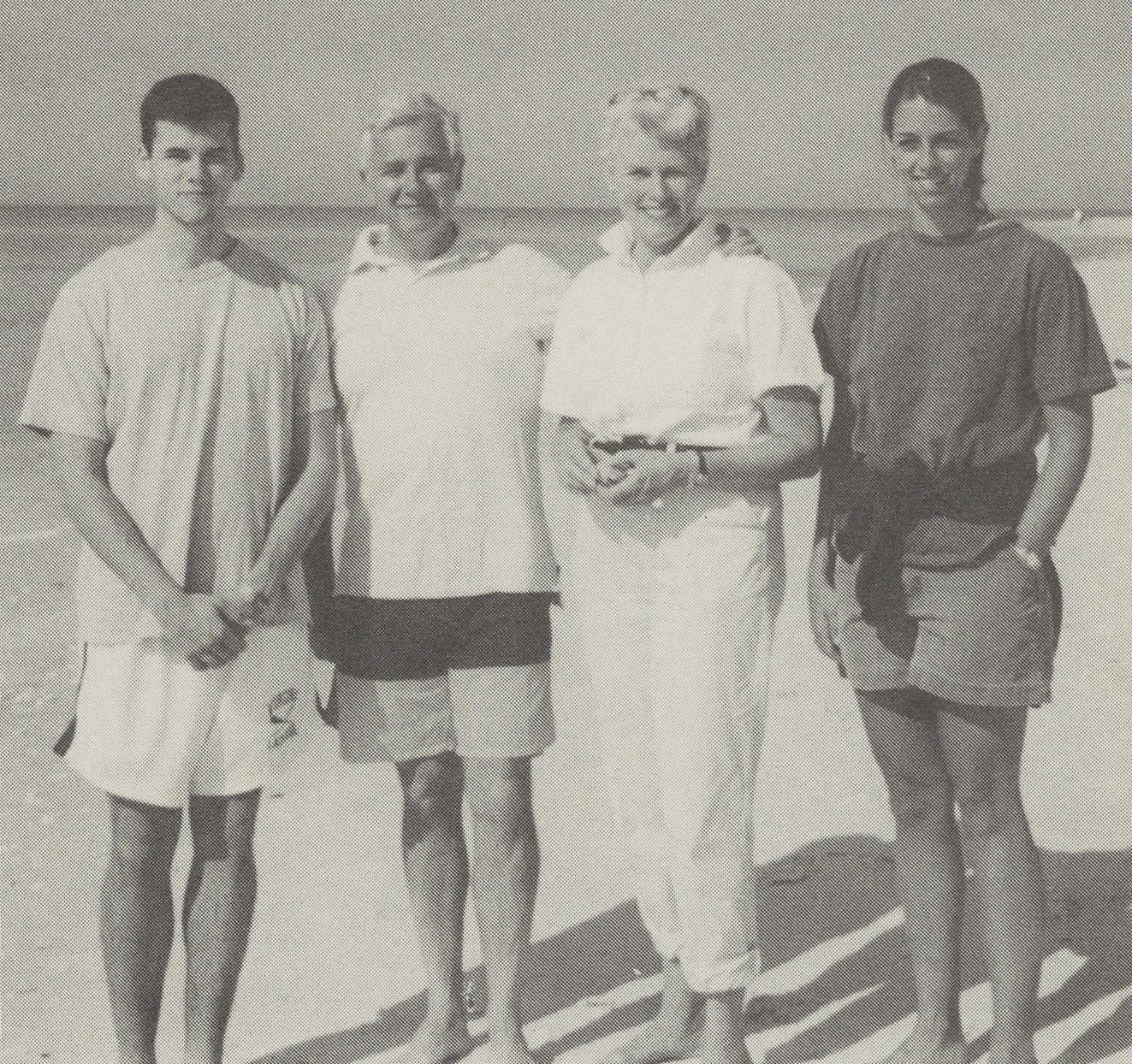
Marc, Claudio, Susan, and Christine.
